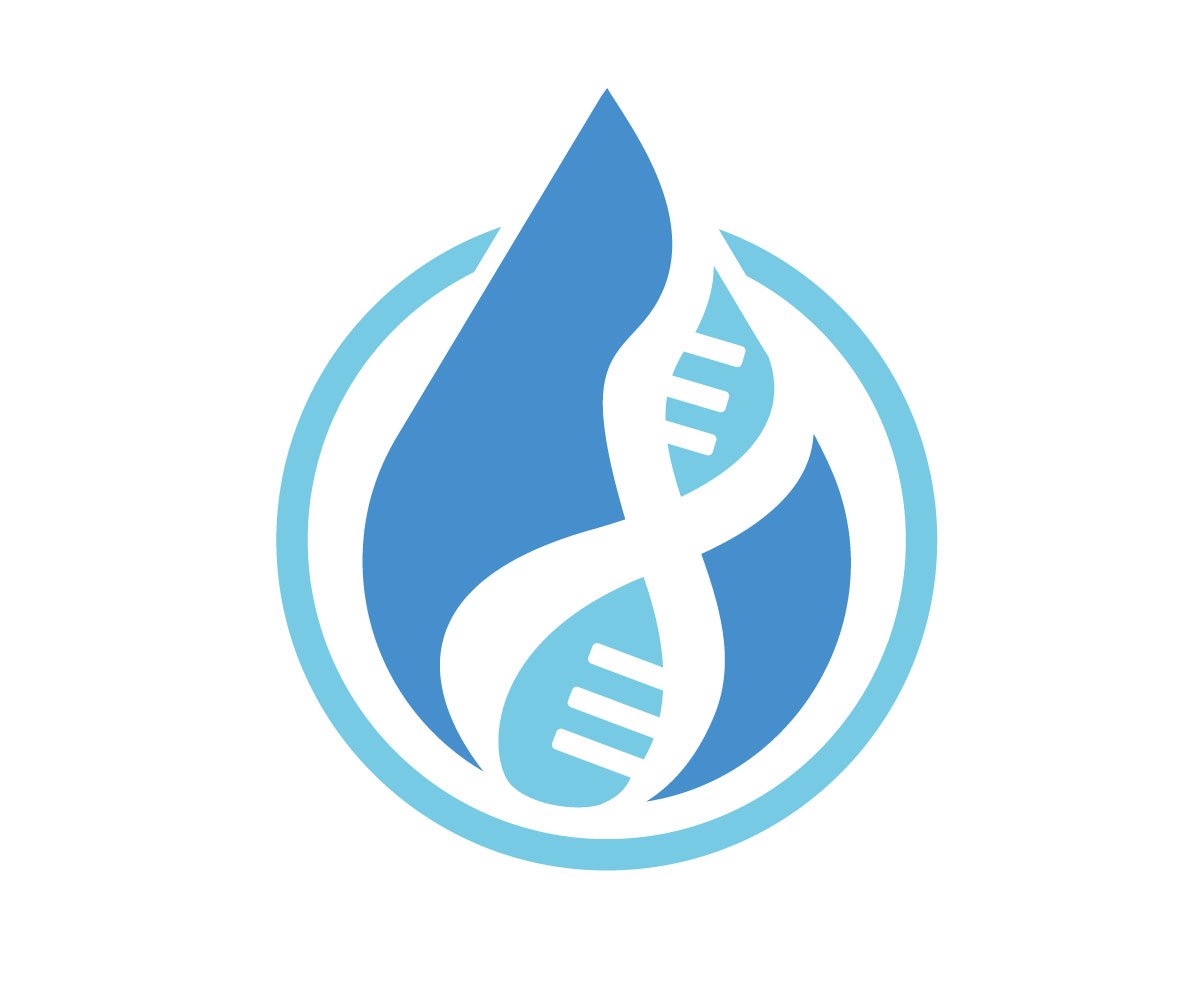Is It Wrong to Help in an Egg or Sperm Donor Search?
Should I help someone who wants to search for her egg donor? Is it any different from a search for a biological parent in an adoption search?
Sign up to read this post
Join Now

